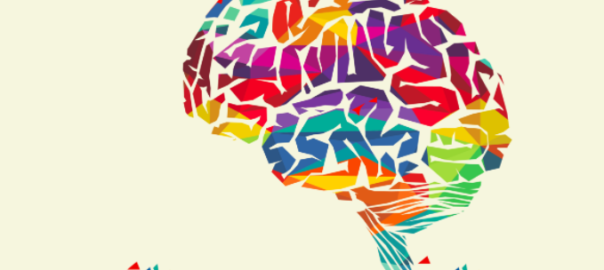The following essay was originally published in Colleges of Distinction on 3/15/2017. An excerpt is reposted here with permission.
—
by Christine Henseler, Professor of Spanish and Hispanic Studies, Union College
It’s no secret that the dynamics surrounding higher education and post-college employment are changing fast these days. The interconnected world we live in is also changing at a quick pace. These changes, fueled by technology, politics, and economics, affects the way we learn, work, play, and connect to each other. It’s exactly for these reasons that there is no better time to invest in a Liberal Arts education.
In the world that awaits future graduates, the competitive edge belongs to those with bright, curious, and agile minds. Objective, technological or scientific knowledge will no longer be enough. The world you or your child will enter after college is already demanding more human-centric solutions to our collective challenges. With this in mind, here are just a few reasons why Liberal Arts education is so valuable.
Global Trends
Today’s world is bound together across borders through digital networks. News can spread in an instant, and change is constant. The future promises to be even more complex. New technologies, like self-driving cars and 3D-printing, are already disrupting the way we work and do business.
The leaders of the future will have to apply novel theories and think across disciplines in order to tackle the challenges of the 21st century. They will be individuals who can “think differently” and challenge the status quo. They will make keen observations, explore new possibilities, and make new and surprising connections.
The goal of Liberal Arts colleges and universities is to cultivate such thought. Though each school’s mission is slightly different, most aim to produce leaders who are lifelong learners, make thoughtful life choices, succeed professionally, and commit themselves to cultural understanding. With a student-centered focus, these schools engage attendees with a wide variety of learning experiences, better preparing them for the challenges of our time.
Employer Trends
“I personally think there’s going to be a greater demand in 10 years for liberal arts majors than there were for programming majors and maybe even engineering…”
-Billionaire Investor, Mark Cuban
The needs and demands of employers reflect these global trends. According to the 2016 Job Outlook survey conducted by the National Association of Colleges and Employers, hiring personnel increasingly value and prioritize the skills developed in Liberal Arts institutions. Of those polled:
- 80.1% seek candidates with good leadership skills
- 78.9% want graduates with the ability to work in a team
- 70.2% need employees with good written communication skills
- 70.2% look for workers with good problem-solving skills
- 68.9% prioritize employees’ excellent verbal communication skills
Liberal arts graduates, steeped in the arts and humanities, have the advantage here. Many of their schools implement programs promoting collaboration between students of different disciplines. Others take capstone courses and projects where they create original work to demonstrate their mastery of a subject. They’ve also been steeped in writing-intensive courses which develop their written communication skills, and humanities like history or philosophy, which improve their ability to discern context and solve problems. To students and employers alike, the benefits of learning and thinking across disciplines is invaluable.
Leading businesses are taking notice of these facts. Last year, Forbes published an article explaining why companies like Slack and Ubisoft value their employees’ humanities degrees, and why some American entrepreneurs are majoring in philosophy. They all recognize that they need more than technology to gain the competitive edge they seek.
To truly connect, engage, and to sell to clients, they must build bridges between technology and humanity. Their products must relate their target audiences’ histories, cultures, languages, and values. This ability to make such connections is, in essence, what a Liberal Arts education provides.
The full essay is available on Colleges of Distinction.

Venture capitalist Marc Andreessen said that “software is eating the world.” In practical purposes this means that software and technology are being applied more broadly to many disciplines, meaning that we require people with backgrounds in, passions for, and context about many disciplines. I have a new book on exactly Mark Cuban’s premise that jobs of the future will require much from the Liberal Arts. “The Fuzzy and the Techie” (www.FuzzyTechie.com) looks at this overlooked truth that in a more automated, techie world, it’s our human skills that give us comparative advantage. We need technical literacy, but we also need the ability to inquire into ourselves.